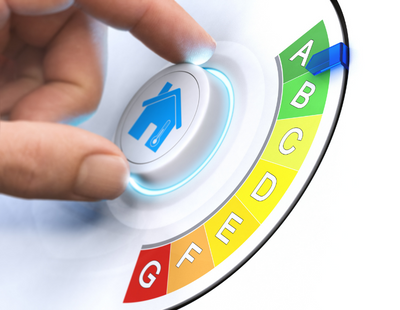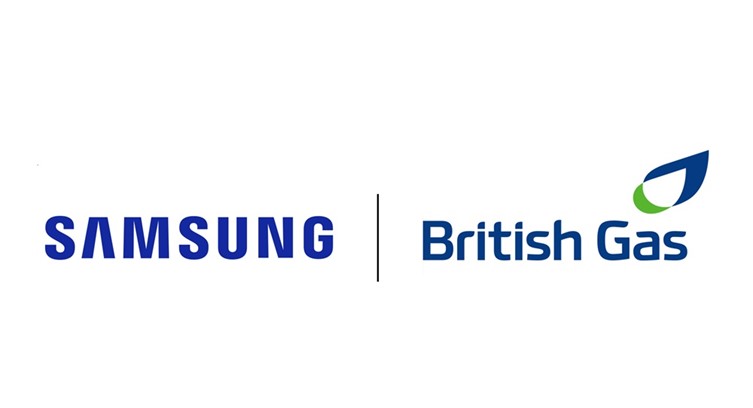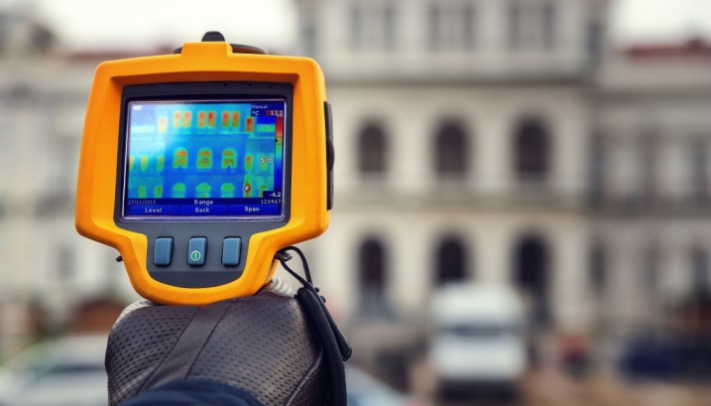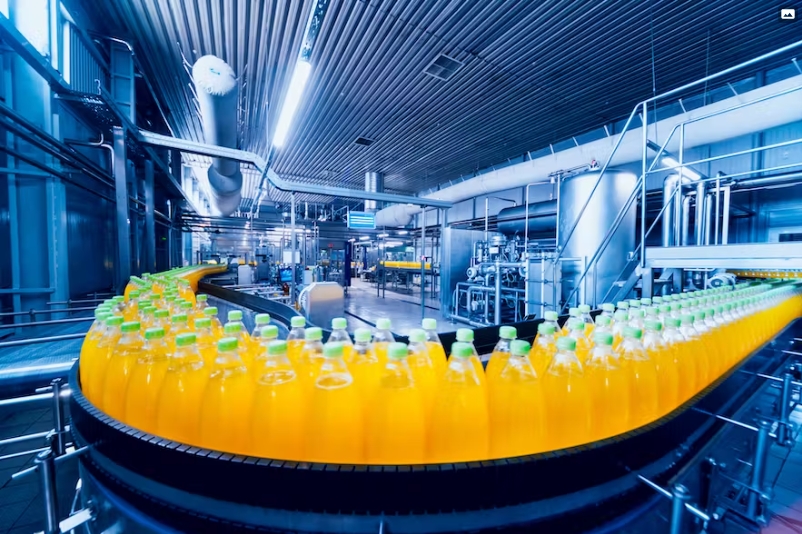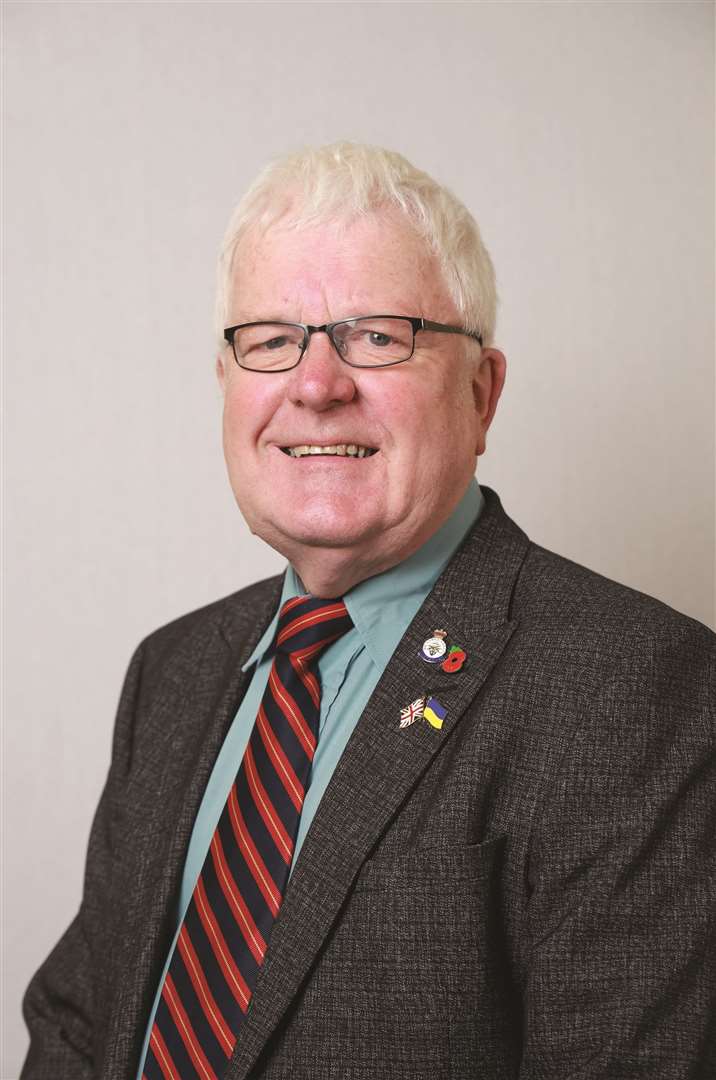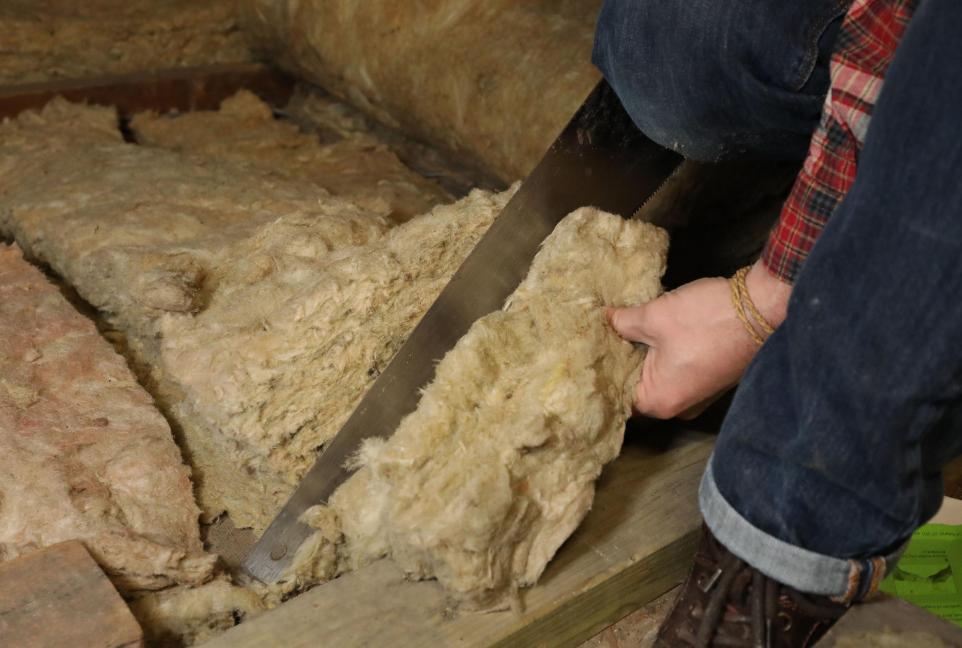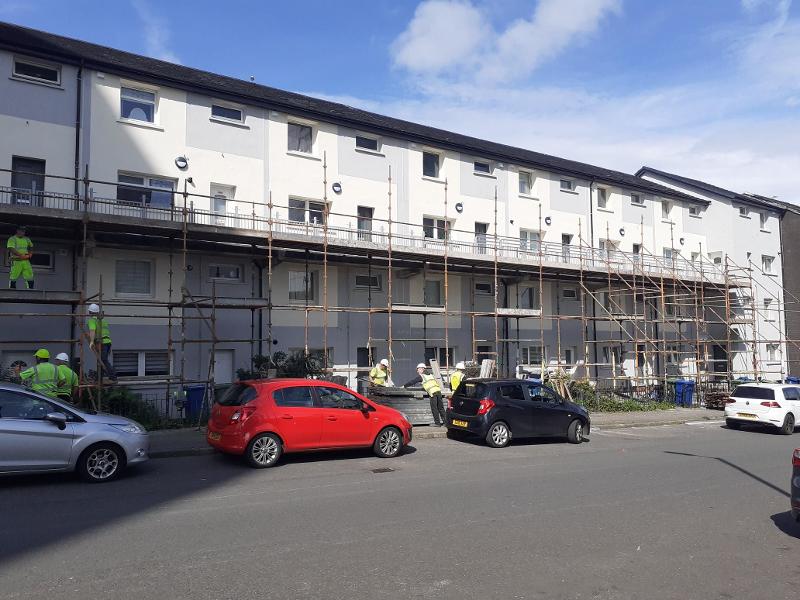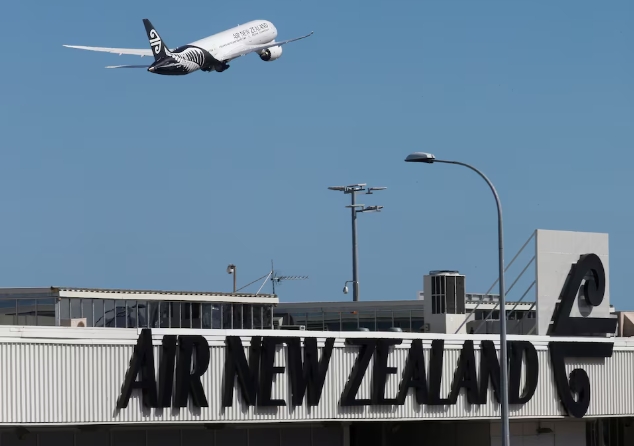
The flagship carrier said it was looking to enter short-, medium-, and long-term offtake agreements to mitigate risk and provide demand certainty for the SAF producers.
"By exploring diverse partnership options with SAF producers, Air NZ will not only pave the way for its own smooth transition towards its net-zero carbon emission targets, but more importantly, set a great example to accelerate the global decarbonization journey," said Hebe Chen, market analyst, IG Markets.
The airline anticipates it would need SAF to make up around 20% of its total fuel uptake by 2030. It has a target to reduce carbon intensity by 28.9% by 2030, and achieve net-zero carbon emissions by 2050.
Aviation produces about 2% of the world's emissions and is considered one of the hardest sectors to decarbonise, even as global regulators try to boost the use of sustainable fuel.
The path for global airlines to transition to sustainable aviation fuel (SAF) has been a long and slow one, and call from Air New Zealand is an encouraging sign that the process will be moving faster, IG Market's Chen said.
There is no set SAF mandate in New Zealand, as of February 2024. The company has plans with the government to invest to invest more than NZ$2 million ($1.21 million) in SAF studies.
Shares of the company were flat at NZ$0.6, as of 2354 GMT, after falling as much 1.7% in early trade.
